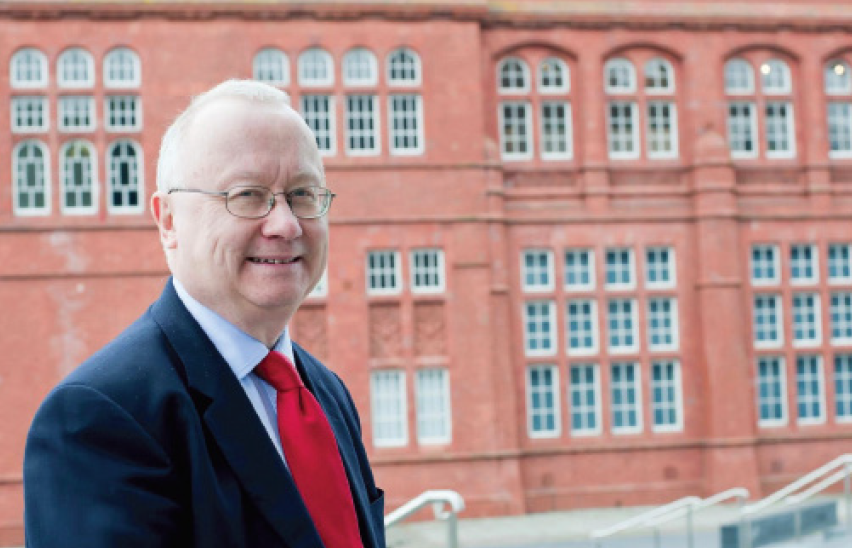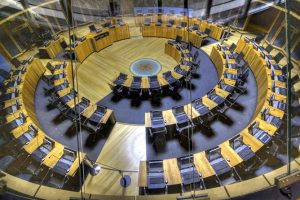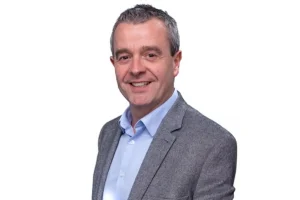
THE NATIONAL ASSEMBLY must look beyond the fragmented media in Wales to better communicate its work to a wider audience and address the democratic information deficit, at least that’s the claim of the Digital News and Information Taskforce report presented to the Assembly last week.
The report encourages the Assembly to lead the way and establish an integrated content service using social media and other channels to engage directly with the people of Wales. It recommends placing people, rather than the institution and its processes at the heart of topical news stories as it looks to build citizen engagement.
Chaired by Leighton Andrews, the former Welsh Government Minister who lost his seat to Leanne Wood, who was then appointed to a publicly-funded post which never previously existed, and who has now turned up as ‘Professor of Practice in Public Service Leadership and Innovation’ with Cardiff University’s Business School, the Taskforce also recommends:
The Assembly reimagines itself as a content creator, pushing content directly to the platforms that audiences are already consuming
Designing all communications with the user at its heart, taking every opportunity to consider the impact of the Assembly’s work on people of Wales when explaining Assembly business, structures or policy making
A presumption of Open Data, so that others can freely use, re-use and redistribute Assembly data
Providing open access to the Assembly’s resources for teaching via the Hwb platform, which is accessed by over half a million young people, and all schools in Wale s
Leighton Andrews said: “These are radical proposals to use modern digital communication to better understand what people are thinking and concerned about, to engage in real-time with people and to share with them how their representatives are responding to these issues, and I want to thank the members of the Digital News and Information Taskforce for their work.
“Assembly Members and staff must recognise their role as content creators, and see the Assembly as a content platform which should reflect the nation’s conversations about the issues which are of most concern to it.
“The Assembly has done much to embrace digital communication, but in an age where increasing numbers of people are looking to social media for news, and traditional media outlets are providing less political coverage than ever, the Assembly must provide the people it serves with engaging content, delivered in formats that they wish to use.”
The report prepared by the Taskforce does not consider whether the Welsh Government – as opposed to the Assembly – in which Mr Andrews played such a boisterous and controversial part, might be to blame for alleged public ignorance and indifference to its activities.
The report instead appears to countenance blaming the institution itself, as opposed to its distinguished current (and former) political occupants.
When Mr Andrews refers to ‘traditional media outlets providing less political coverage than ever’, it is interesting that a supporting example given in the report refers to Trinity Mirror’s decision to cease the Daily Post’s dedicated Assembly coverage. It does not reference other local media, shows no sign that other local media have been considered, and does not mention the coverage of local and national politics by other newspaper groups in Wales.
Mr Andrews failed to mention that many members of the panel advising him were drawn from a narrow cohort of ‘digital media consultancy’ firms, who might be considered to have an interest in boosting the claimed effectiveness of the strategy he now propounds.
Leighton Andrews’ announcement was also given enthusiastic coverage by the BBC, for whom he was formerly Head of Public Affairs.
Llywydd of the National Assembly for Wales Elin Jones AM said: “I want to thank the Digital News and Information Taskforce panel for their work. They have provided us with thought provoking, practical proposals to strengthen the way we communicate as we seek to become an open, digital parliament which engages with all the people of Wales.
“We are approaching the twentieth anniversary of the Assembly, which is an opportunity to refresh the way in which the Assembly presents itself and to build a deep and genuine dialogue with the people of Wales. I look forward to discussing the report, and how we take it forward, with Assembly Commissioners.”
















